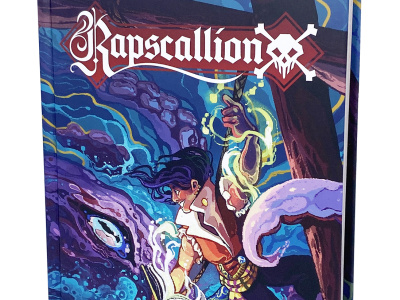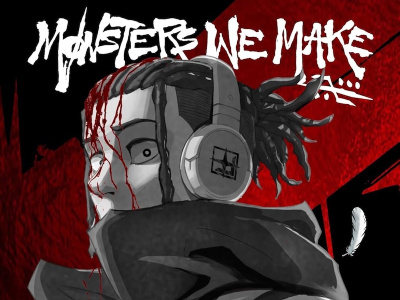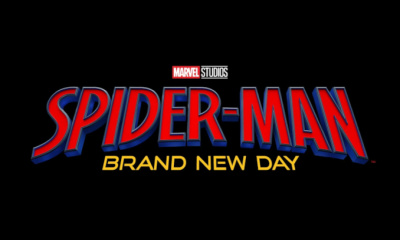
Ryan Dancey, Chief Marketing Officer of CCP Games, granted us permission to publish this commentary on the copyright proposals of Sweden’s Pirate Party, which recently won a seat in the European parliament and proposes to radically change copyright laws (see “Pirates in Parliament!”).
I like that the party is clearly taking a one-sided posture. That's how you get momentum. But when it comes time to make the sausage, that's when you make compromises to get to a law.
This statement:
"The official aim of the copyright system has always been to find a balance in order to promote culture being created and spread."
Is the heart of the argument. Or, as the U.S. Constitution says it:
"To promote the Progress of Science and useful Arts, by securing for limited Times to Authors and Inventors the exclusive Right to their respective Writings and Discoveries."
There are things that we should (as The People) wish to see modified in our copyright regime to restore the balance that has gone missing. This is a rights issue - the right to swing your fist ends where my face begins. We cannot, as a society, allow one side of this issue to become paramount, or everyone suffers.
First and most obviously is the "limited Time". The 20 year patent length has served quite well for nearly 2 centuries in finding a balance between the time needed to secure financing, refine a process, file the patent and receive patent office approval, bring an invention to market, develop a customer base, and recoup investment plus a return. It's arbitrary, but like the distance from home to 1st base, it Just Works. Extending the same term to copyrights would immediately address a lot of the problems with our current system while not substantially harming the interests of the vast majority of copyright holders.
Second, more obscurely, is the copyright concept of "transformation". Long ago and far away, this concept meant that if I took your copyrighted material and made something new with it, I did not have to get your permission nor make financial compensation to you. I call this concept "copyright in parallel". Unfortunately, over time, the courts have drawn this concept so narrowly that now we have "copyright in series" - it is virtually impossible to "transform" a copyrighted work in a way that the courts will allow it to pass. Thus we have the mess that obtains when a DJ makes a mash-up, or a documentarian shoots footage in a public place. To restore the balance the copyright system should have a generous interpretation of "transformation" so that previous works can be recycled and referenced in new works because that's good for culture and good for society.
Third, we have a problem with enforcement. In a world where digital distribution reduces the cost of publication to zero, technology has created a problem that our traditional legal frameworks fail to address in a socially acceptable manner. Because of the way our legal system is structured, coping with digital technology leads to a loss of privacy and intrusive state interference in private affairs.
There is a better way to deal with this problem, which is to monetize some portion of the transmission system, and pay those funds out to the people who are commercially affected by the advance of technology. The internet is easy to tax, because there are only a handful of main pipes which form its backbone. Taxing those backbones creates a classic trickle-down effect where the tax will be passed to each lower tier of the system until eventually the end consumer pays for it. This system is called a Private Copying Levy.
This system has been in use in the
Once a Private Copying Levy is in place, there is no further need to restrict DRM circumvention or for lawsuits against P2P network participants, and so you make those actions legal, and thus remove a substantial privacy impact.
A Private Copying Levy has a follow-on effect which is that the top end of the value producers lose a lot of income - the Levy is distributed in such a way that they would never be paid as much as they would have earned had they directly monetized the actual transfer of their work from person to person.
These people will therefore need to be the innovators in finding ways to get paid for the creative work they produce >outside< the envelope of things that can be digitally distributed. But since they're also the people with the most brand equity and the best income stream to start with, they're also the people most likely to be able to be able to overcome this hurdle.
Furthermore, there is an assumption baked into the copyright debate which is fundamentally flawed. The assumption is that if it is >possible< to transfer a work for free, people will >always do it<. The truth is that many people fully understand that there is a relationship between income and production for creative work. As a matter of manners, rather than law, if the price for a digital copy of a work is set reasonably, a large number of people will pay it. This is why iTunes is successful - because millions of people have come to the conclusion that $0.99 is a reasonable "tip" for the service of creating a song. Even in a world where digital distribution is decriminalized, many people will continue to buy copyrighted works direct from the creator or their designated agents not because they are compelled by the force of law, but because "it's the right thing to do". The number who pay will be less than the number who pay through compulsion, but the social good generated by removing the compulsion outweighs the individual income that is lost. And some creative talent will find ways to enhance the value of the directly-purchased item in ways that make it worth more than the minimum "tip"; markets tend to find a way to monetize value when possible.
These three things: term reform, support for transformative works, and a Private Copying Levy, could restore balance to the copyright regime in practical ways that can be implemented quickly.







